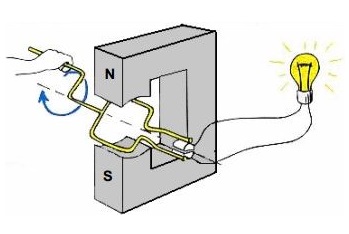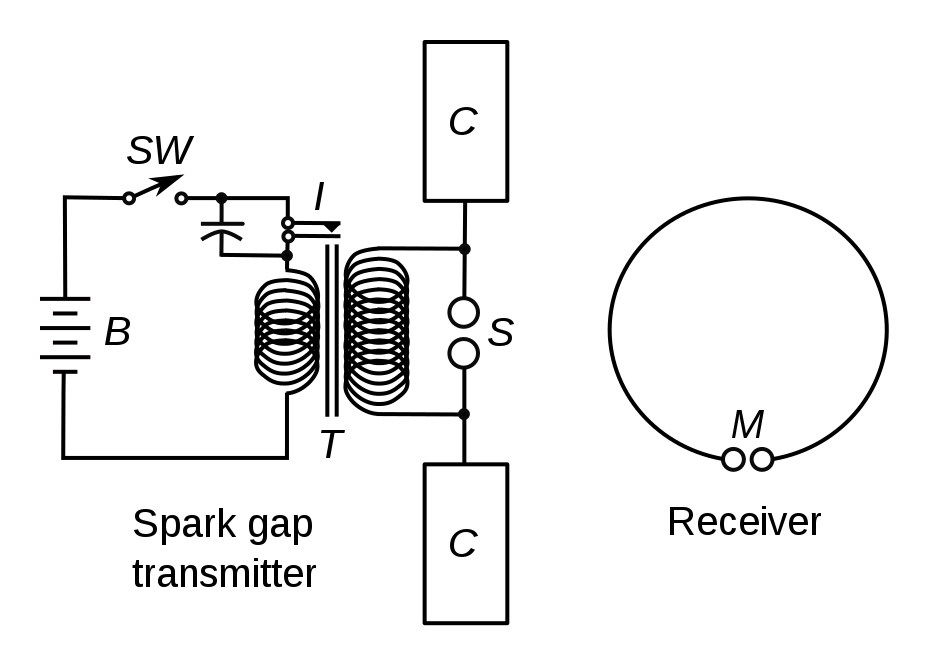1) 'Electromagnetism' is not a question or a fact, it is a collection of theories. You need a more specific question before you can test it.
2) You can only test it, you cannot verify it. If science were 'verified' and actually true it would stop changing, which would be the death of the entire endeavor.
Karl Popper's demarcation criterion, and the way it fits together with scientific practice makes this point very clearly. A theory is valuable to the degree it risks being falsified by future data. And progress is the falisification of one theory in favor of its competitors. Something is 'verified' only to the degree that the other theories it relies upon have faced such risks and survived them.
3) You can never completely escape this problem of relying upon related technologies to test your theories. All theories are circularly constructed. Theories both determine what counts as an observation, and at the same time rely upon observations to evaluate their contents. The closest you can come is for all your theories to back each other up and share a philosophical basis, resulting in a 'paradigm'.
Thomas Kuhn's view of the history of science shows how scientific tradition all fits together and constitutes progress, even though there is no starting point or absolute basis.
4) Outside of some kind of overarching paradigm, you can't even test the theory with any certainty. You can check that it predicts what happens, but that does not make it a valid explanation, only a predictive mechanism. It could be right for the wrong reasons. Only with a context that is so complete that it has something to say about a large segment of nature can you claim that predictions result in explanations. And predictions are all that theories actually provide.
The 'story' part of Feyerabend's book 'Against Method' gives a very good interpretation of why Galileo could not convince his contemporaries of the unity of laws on Earth and in Space. Without a unified framework made up of a large number of interlocking pieces, no part of the notion could be proven better than the existing explanations.



